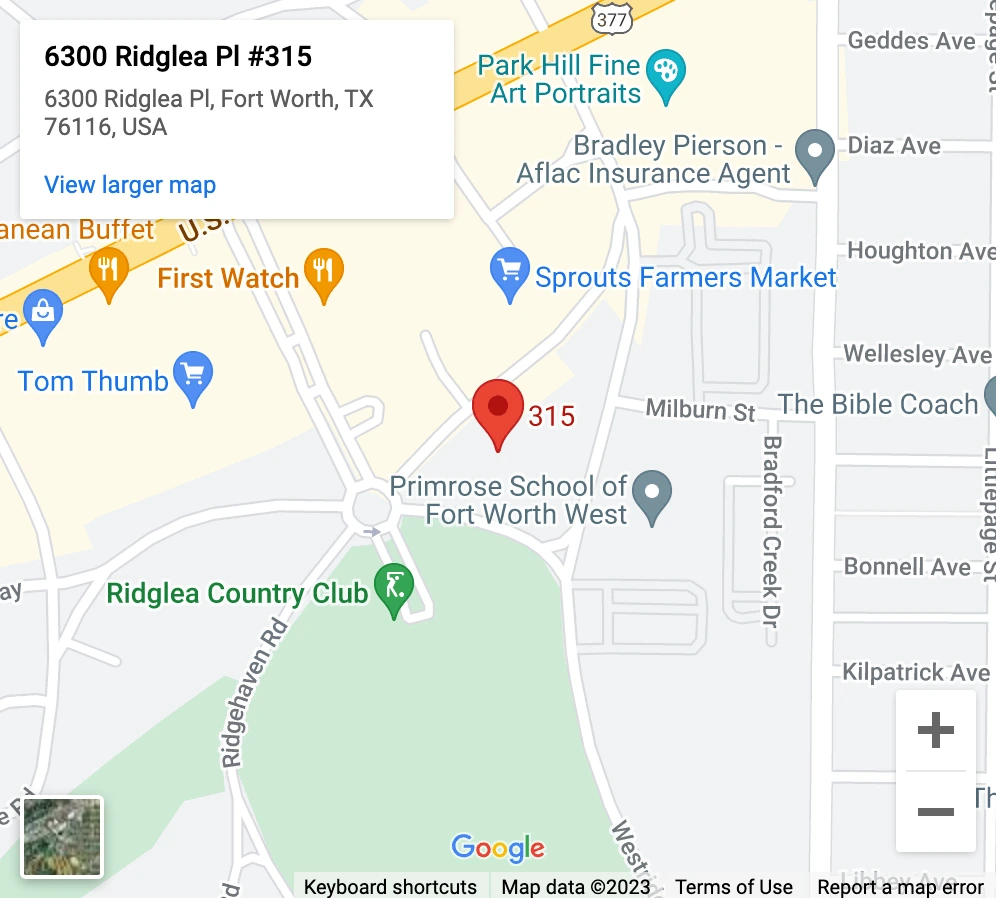
Assault with a deadly weapon is not a simple charge. In fact, under Texas State law, it is a felony punishable by up to life in prison and fines that can be as high as $10,000. It is important to remember that the ruling in your particular case will be determined by the facts that are presented, investigations, witnesses, and your ability to retain the services of an experienced Fort Worth assault lawyer. Defenses of an assault with deadly weapon charge can range from self-defense to defense of your property. Getting convicted of such a crime can have a major impact on your life such as extensive jail time, felony criminal record, fines, etc. Even if getting the charges totally dismissed is not a viable option, an experienced Fort Worth assault lawyer can work to reduce charges, advocate for probation over jail time, and/or significantly reduce the amount of expected jail time. It is important to remember that violent felony crimes such as assault with a deadly weapon draw the attention of the public eye. In these instances, prosecutors may seek to “make an example” out of you. At Cole Paschall Law, we have nearly 30 years of experience in representing those accused of violent offenses. Give us a call today to schedule your initial consultation.
What is Assault With a Deadly Weapon Under Texas Law?
Under Section 22.02 of the Texas Penal Code, assault can occur by intentionally injuring someone, posing an imminent threat to injure another person, or causing contact that is deemed to be offensive. In the State of Texas, assault with a deadly weapon is committed when a regular assault takes place while brandishing or using a deadly weapon. It is important to note that assault with a deadly weapon can occur even if the victim is not injured. Furthermore, you do not have to use a weapon during an assault for it to be considered assault with a deadly weapon. Typically, the prosecutor will pursue charges based on how the weapon was used. Even if it was used to intimidate the victim during the assault, it could result in felony charges.
What is a Deadly Weapon?
The definition of a deadly weapon is clear under Texas Penal Code 1.07(a)(17). Listed below are varying definitions of a “deadly weapon” as considered by the State of Texas.
- A Firearm
- Anything designed to inflict death or serious bodily injury
- Anything that is capable of causing death or serious bodily injury
This can include objects such as knives, glass objects, bats, golf clubs, cars, etc. In some cases, a person’s bare hands, pillows, etc. can be considered a “deadly weapon.” It is important to remember that if it can be used during an assault to cause death or serious bodily injury, it can be considered as a deadly weapon by prosecutors, judges, and juries.
Types of Defenses for Assault With Deadly Weapon
Being accused of assault with deadly weapon charges can be detrimental to your life in many ways. You may have to serve significant jail time in addition to paying large sums of fees. Though the charges are serious, an experienced Fort Worth assault lawyer can help you to mount a formidable defense. Some key defenses in a case that involves assault with a deadly weapon can include self-defense or defense of property. Self-defense defenses will require you to prove that you felt a threat to your life or someone else’s life by another person and your actions were taken in defense of them or yourself. Defense of property will require a defendant to prove that another person attempted to steal, destroy, or deface your property.
Working With a Fort Worth Assault Lawyer
Being accused of assault with deadly weapon charges in the State of Texas is a serious offense. Penalties of this charge can include a second-degree felony or a first-degree felony. Charges will depend on the severity of the case. The Fort Worth assault attorneys at Cole Paschall have almost 30 years of experience in handling assault with deadly weapon cases. If charged, it is advised that you do not leave your defense up to an inexperienced attorney or overworked public defense lawyer. Give us a call today to schedule your initial consultation so we can get started on your defense today.




